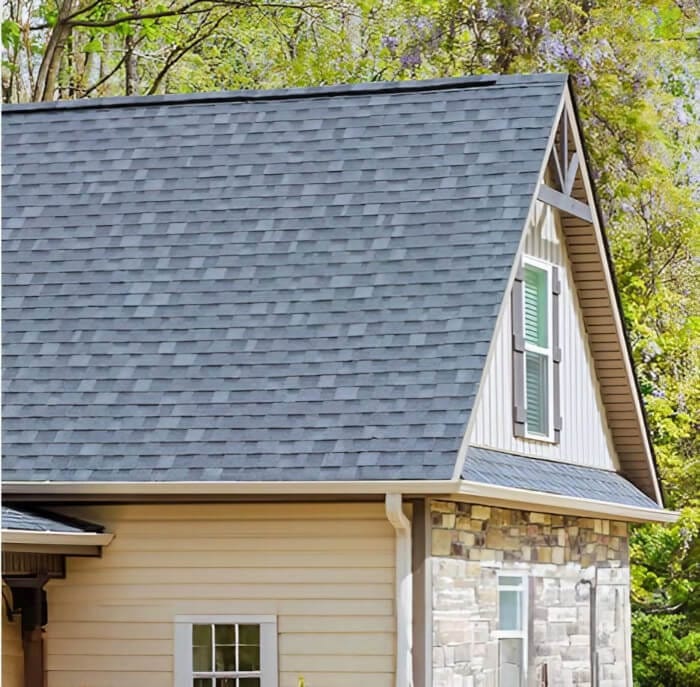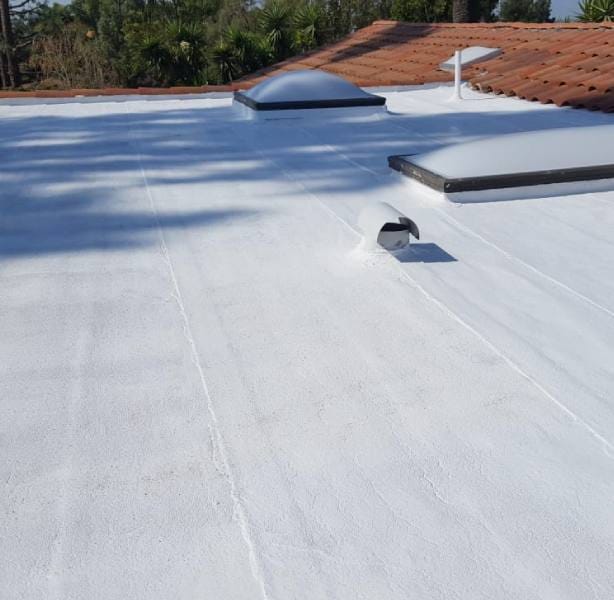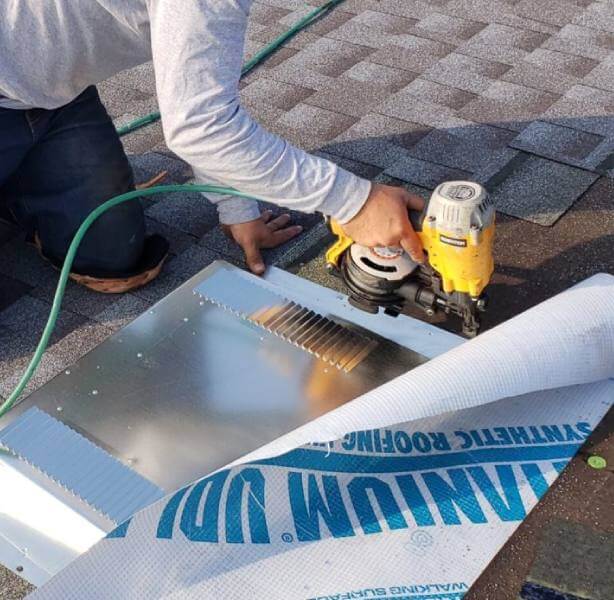
What Time Of Year Is The Cheapest To Replace A Roof in Seattle?
Introduction
Replacing a roof is no small undertaking, particularly in a city like Seattle, where the weather can be unpredictable and the costs can add up quickly. Homeowners often find themselves asking, “What time of year is the cheapest to replace a roof in Seattle?” Understanding seasonal trends and local market conditions can save you significant money when it’s time for that much-needed roof replacement. In this comprehensive guide, we will explore various factors influencing roofing costs throughout the year and provide insights into how to choose the best time for your roofing project.
What Time Of Year Is The Cheapest To Replace A Roof in Seattle?
When considering when to replace your roof, several factors come into play. Seattle experiences a unique climate, characterized by rainy winters and dry summers. This climate affects not only the cost but also the availability of roofing contractors, or as you might search online, “roofers near me.”
Understanding Seattle's Climate
Seattle's weather is famously damp, with most of its rainfall occurring between October and March. This means that during these months, roofing projects can be delayed due to inclement weather. On the flip side, summer months (June to September) offer stable weather for roofing projects but often come with higher demand.
Key Points:
- Rainy Season: October to March
- Dry Season: June to September
- Average Temperature: Ranges from 40°F (4°C) in winter to 75°F (24°C) in summer
The Cost of Roofing Materials
One thing to keep in mind when asking about the best time of year for a roof replacement is that material costs may vary throughout the year based on supply and demand dynamics. Generally speaking:
- Material Prices Peak: During summer months due to high demand.
- Material Prices Drop: In late fall or early spring when contractors are more eager for business.
Labor Costs and Availability
Labor costs are another crucial factor when contemplating “What time of year is the cheapest to replace a roof in Seattle?” Due to high demand during peak seasons, labor prices tend to increase.
Best Times for Cost Savings
So what’s the verdict? The best times for replacing your roof at lower costs would typically be:
- Late Fall (October – November): After summer ends but before heavy rain starts.
- Early Spring (March – April): Before peak season begins but after winter’s chill has passed.
These periods not only allow you to save on labor and materials but also offer a greater chance of finding reliable local contractors who might have more flexible schedules.
Factors Influencing Roofing Costs Beyond Seasons
While seasonality plays a significant role in determining roofing costs, there are other important factors that you should consider:
Type of Roofing Material
The choice of materials has a direct impact on both price and longevity:


- Asphalt shingles are typically cheaper but may require more frequent replacements.
- Metal roofs cost more upfront but last significantly longer.
Roof Size and Complexity
Larger roofs or those with complex designs will naturally incur higher labor costs:

- Simple gable roofs are easier and faster to install compared to hip or mansard roofs.
Hidden Issues
Sometimes homeowners discover underlying issues once they start working on their roofs:
- Mold or rot can lead to increased expenses if not addressed upfront.
Pros & Cons of Each Season for Roof Replacement
Understanding each season's pros and cons can help clarify your decision-making process further:
| Season | Pros | Cons | |---------------|----------------------------------------------------|-----------------------------------------------------| | Winter | Lower labor costs; less competition | Bad weather delays; potential damage risks | | Spring | Mild weather; fresh start | Higher demand leading to moderate prices | | Summer | Great weather; quick project completion | Peak pricing due to high demand | | Fall | Lower prices; moderate experienced roofers Seattle weather | Rain may begin interrupting work |
Finding Reliable Roofers Near Me
Once you've decided when you'd like your roof replaced, it's essential to find reputable contractors. Searching “roofers near me” can yield plenty of results, but how do you know which ones are trustworthy?
Tips for Choosing Local Roofers
Questions To Ask Potential Contractors
Before hiring anyone, make sure you ask them these critical questions:
- What warranties do you offer?
- How long will the project take?
- Do you have references from previous clients?
FAQs
1. When should I replace my roof?
Typically, it's best done during late fall or early spring when prices are lower.
2. What type of roofing material lasts longest?
Metal roofs generally outlast asphalt shingles by decades.
3. How do I know if my roof needs replacing?
Look for missing shingles, leaks inside your home, or significant wear and tear.
4. Can I stay in my house while my roof is being replaced?
Yes, most residential roofing projects are manageable without needing you to vacate your home completely.
5. Do all contractors offer warranties?
Not all do; always ask about warranty options before signing any contracts.
6. What's the average cost of replacing a roof in Seattle?
Costs vary widely depending on material choices—generally between $5,000-$15,000.
Conclusion
In summary, understanding “What time of year is the cheapest to replace a roof in Seattle?” involves considering multiple factors like climate patterns, contractor availability, labor costs, and material choices. For optimal savings while ensuring quality work, late fall and early spring stand out as ideal times for homeowners ready for this significant investment. By arming yourself with knowledge about local conditions and engaging thoroughly with potential contractors found via searches like "roofers near me," you're well-equipped for making informed decisions regarding your roofing needs.
Remember that timing isn't everything; choosing quality materials and skilled labor will ultimately ensure your new roof stands the test of time against Seattle's notoriously fickle weather!